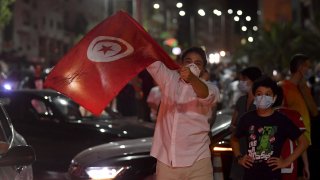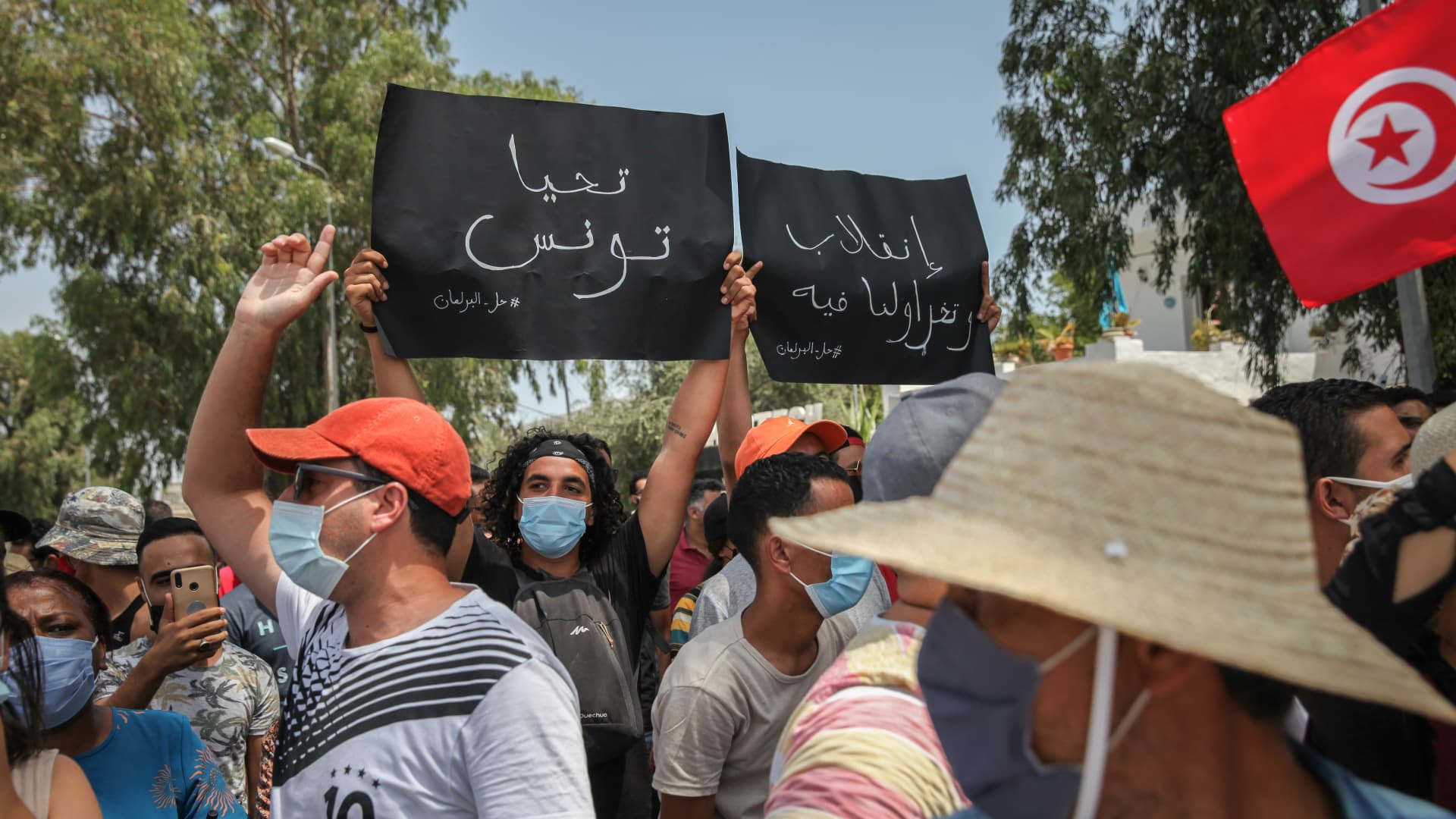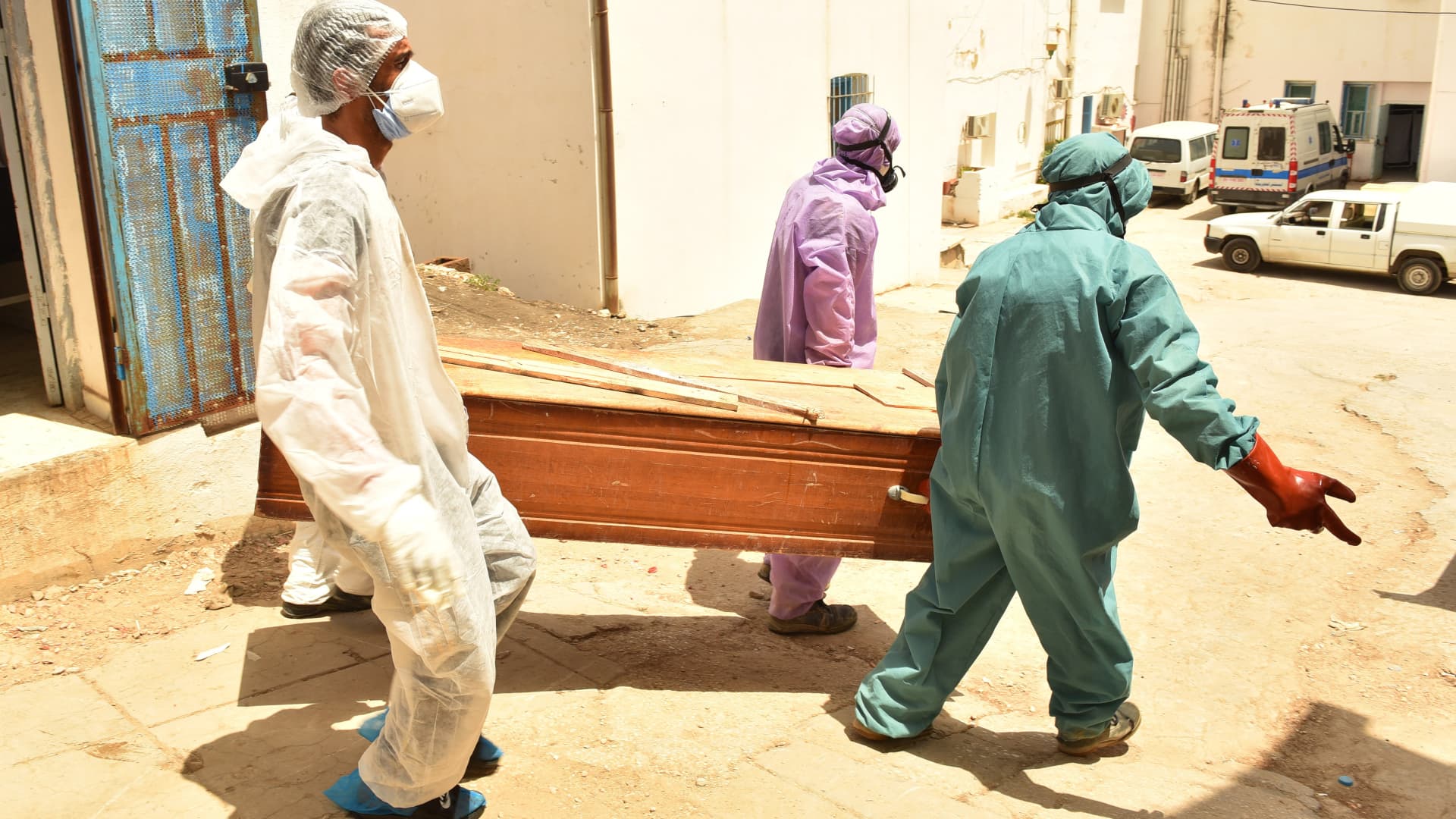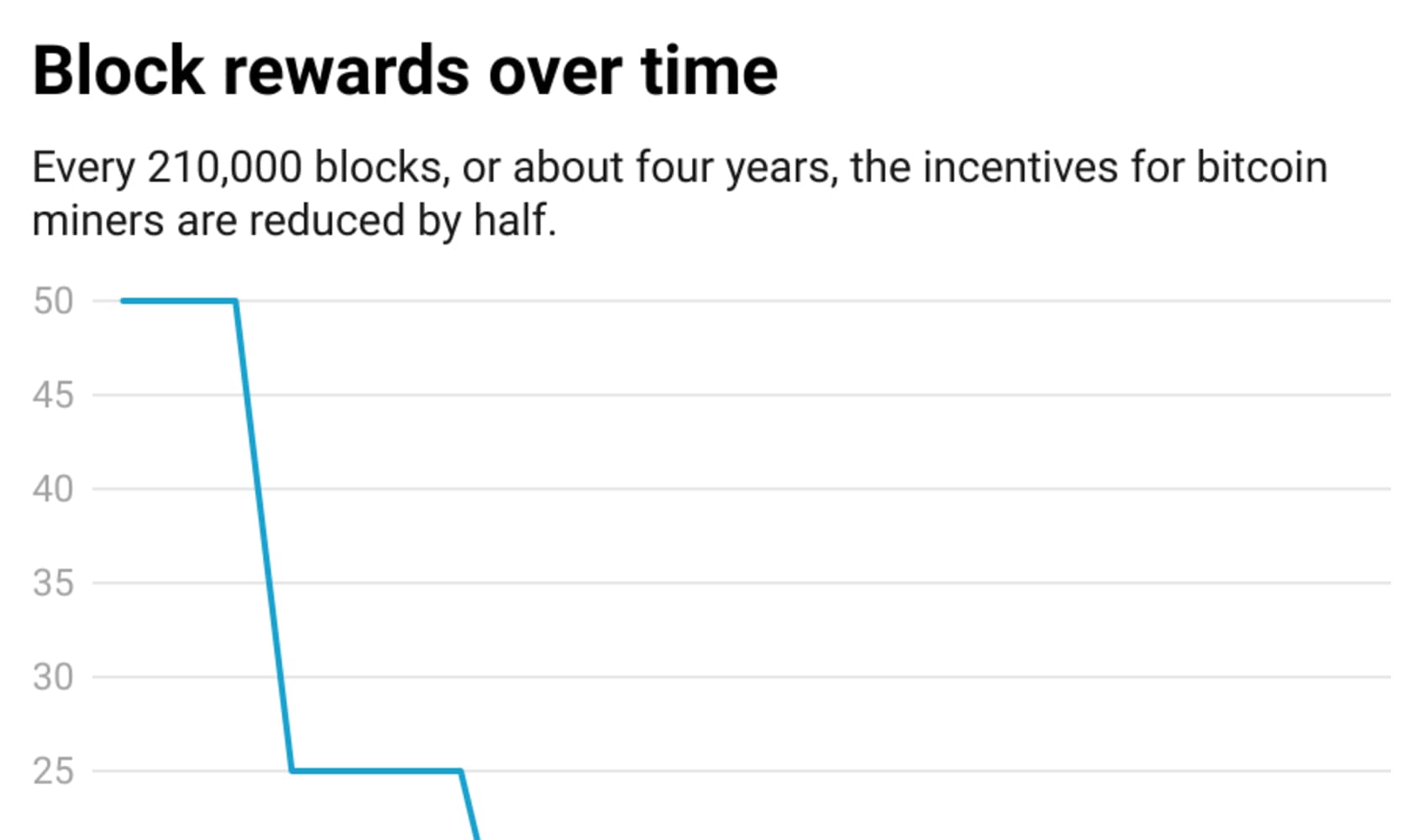
- The developments represent the biggest challenge to Tunisia's democracy since it was forged in the wake of the 2011 Arab Spring protests.
- President Kais Saied has stripped parliament members of their immunity from prosecution and announced a strict nationwide month-long curfew from 7pm to 6am, and a ban on gatherings of more than three people in public spaces.
- The Islamist party Ennahdha, Tunisia's parliamentary majority and a powerhouse in the country since 2011, vocally rebuked Saied's move as a coup.

Tunisian army personnel surrounded the national parliament building in Tunis as protestors faced off, some cheering President Kais Saied ― who just deposed his government and took control of all branches of power ― and others decrying his actions as a coup.
The scenes Monday revealed the biggest challenge to Tunisia's democracy since it was forged in the wake of the 2011 Arab Spring protests. Saied, the 63-year-old former constitutional law professor often called "robocop" by locals for his highly formal and at times awkward manner of speaking, is now in charge of the North African country's executive, legislative and judicial branches after suspending parliament for 30 days.
Get DFW local news, weather forecasts and entertainment stories to your inbox. Sign up for NBC DFW newsletters.
Saied has stripped parliament members of their immunity from prosecution, and on Monday night announced a strict nationwide month-long curfew from 7pm to 6am, and a ban on gatherings of more than three people in public spaces. He's justified his actions by citing a constitutional article that can be triggered by the executive in times of emergency; but whether it was indeed justified is now a matter of raging debate across the country.
The Islamist party Ennahdha, Tunisia's parliamentary majority and a powerhouse in the country since 2011, vocally rebuked Saied's move as a coup. It wrote in a statement on its official Facebook page Tuesday that "the exceptional measures announced by the President of the Republic are unconstitutional and represent a coup against the Constitution and institutions, especially those relating to the freezing of parliamentary activity and the monopolization of all powers without constitutional oversight."
Money Report
The party urged the president to "reverse them and address the challenges and difficulties that the country is experiencing within the constitutional and legal framework that is consistent with the democratic choice adopted by the Tunisian people."
Saied on Sunday night fired and appointed a replacement for Prime Minister Hichem Mechichi, who said that he would hand over power to whoever the president appointed and would not be a "disruptive element."
"In order to preserve the safety of all Tunisians, I declare that I align myself, as I have always, by the side of our people, and declare that I will not take up any position or responsibility in the state," Mechichi said in a statement on Facebook.
'The situation in Tunisia is really bad'
Still, the president has substantial support from Tunisians, who see his actions as necessary to rid the government of what many say are corrupt and inept politicians as the country's economic and Covid-19 crises metastasize.
"I agree with what President Kais Saied did, mostly because the situation here in Tunisia, in all aspects, is really bad," Hatem Zarrouk, a 27-year-old chief financial officer from Tunis, told CNBC on Tuesday.
"The prime minister has been taking really poor decisions in the past few months, and things are going really badly in Tunisia ― economically, sanitarily, financially, even with security ― so people are just upset and they're really tired of the situation, they just wanted some changes," Zarrouk said.

Covid-19 has killed more than 18,000 people in Tunisia, and cases are spreading rapidly among a population where only 7.9% of people are vaccinated.
Even before the pandemic hit, youth unemployment in the country of 10 million was at 36%, the highest in North Africa. The coronavirus pandemic has crushed Tunisia's crucial tourism industry, forcing thousands of people to migrate out of the country, particularly those with professional qualifications.
And as some hospitals in the country ran out of oxygen earlier this month, the newly-deposed Prime Minister Mechichi and some of his colleagues went on vacation to a high-end seaside resort town, drawing sharp criticism from Tunisians and other lawmakers.
Fears of a civil war
For Zarrouk and those celebrating the president's move, what lies ahead is uncertain. What they say they fear most is reprisal from Saied's opponents, specifically among the Ennahdha party and its supporters.
"Everyone is just thinking about what will happen next," Zarrouk said. "To be honest, we are all kind of scared, because we know the power that the Islamic party has, which is Ennahdha ... so we are scared that they would grab guns and start basically a civil war."
Ennahdha did not respond to a CNBC request for comment, but a statement on its official Facebook page rejected suggestions of violence, saying that the party: "Warns of the danger of discourses of violence, incitement and exclusion for the national social fabric and the consequent dangers from which Tunisia must be spared."

"Let me be clear: the situation is unclear," Seif, a young Tunisian based in Tunis, told CNBC. "We need to be very careful ― things could turn pretty bad. We also have extremists, terrorists in the mountains, and the situation could escalate; they could be used as a weapon to fight this 'coup.'" Seif asked that his full name be withheld due to professional restrictions.
Khalil H., a business owner in Tunis, expressed concern primarily over the president's move. "One month to install the future dictatorship. How convenient," he said, asking that his last name be withheld out of fear of state reprisal. "People are happy, but people don't know any better."
As for what's next, Tunisians say they want to see a plan.
"The president's actions show good faith ― he's been inviting all the unions, civil actors, and judiciary entities, to discuss their recommendations," Seif said, adding that he felt the curfew order was "necessary to calm things."
What would show the most legitimacy and transparency now, Seif said, would be a new election. "People still have faith," he added, "but everyone wants to see a fixed timeline and an action plan."






